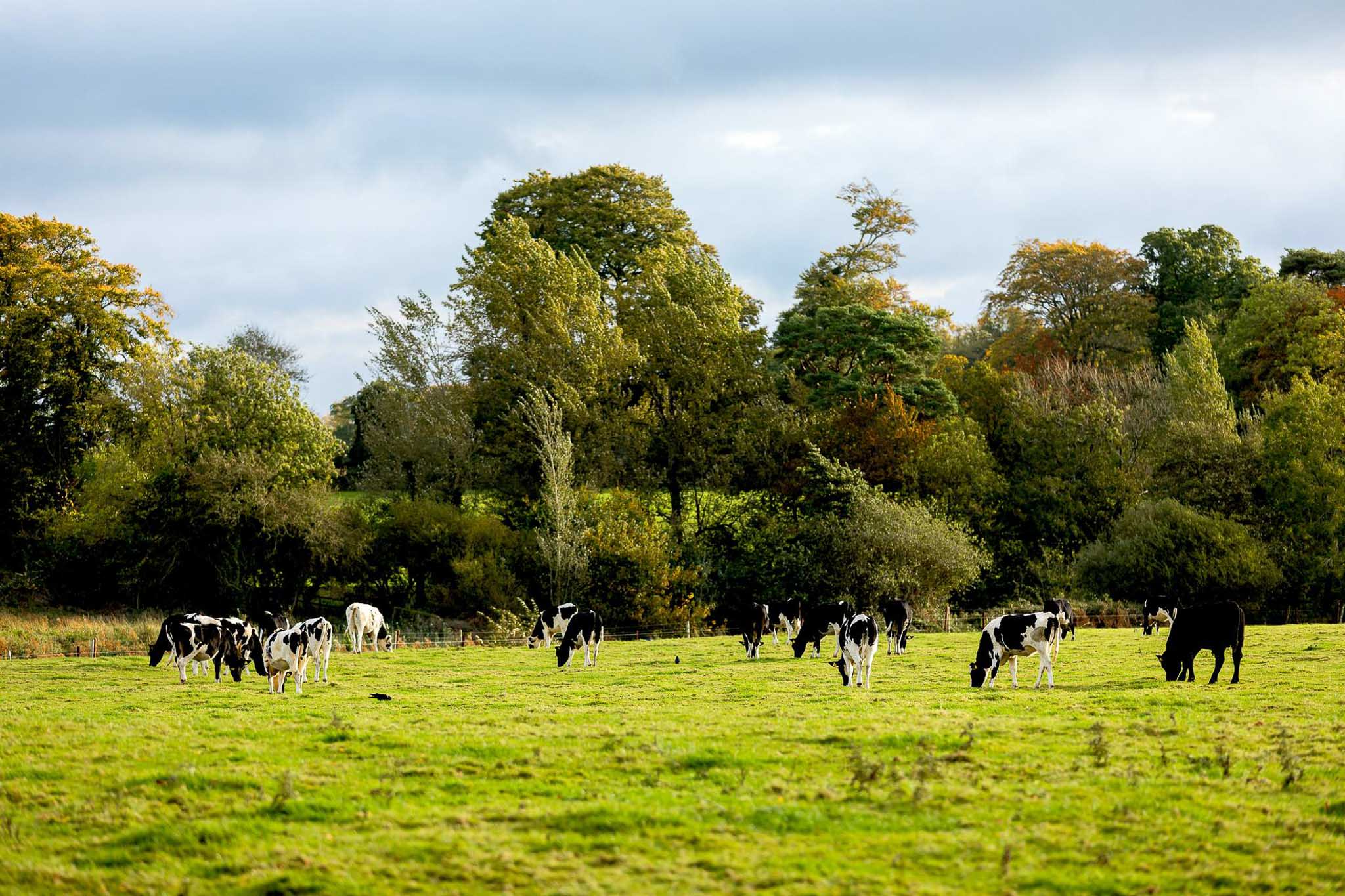Protecting water sources in the agricultural sector
By following best practices, the farming community can play a part in protecting our water sources.
The Good Agricultural Practices for the Protection of Water Regulations outline basic measures for farmers on preventing water contamination. These measures include guidelines that focus on protecting our drinking water sources.
Examples of these measures include:
- periods of time where land spreading is prohibited
- setback distances from source waters for land-spreading
- capacity levels for livestock manure storage
- nutrient management
Good Agricultural Practices for the Protection of Water Regulations are explained in more detail in the Nitrate Directive Handbook. This handbook has been created by the Department of Agriculture, Food and Marine (DAFM).
Guidance has also been provided by the National Federation of Group Water Schemes (NFGWS). This guidance was created by important stakeholders in the agricultural, water and environmental sectors. The guidance identifies appropriate measures to prevent or reduce:
- microbial pathogens
- nutrients (phosphorus and nitrogen)
- sediment
- pesticides
Pesticide application advice and guidance
Using, storing and disposing of pesticides in the wrong way can pollute the surrounding environment and our drinking water sources.
Uisce Éireann and our partner organisations involved in National Pesticides and Drinking Water Action Group (NPDWAG) ask the farming community to minimise pesticide use. We urge farmers to consider in each case whether pesticides are needed at all or if there are other methods that can be used.
Watch our video below to learn more about protecting water sources from pesticides.
Managing rushes
Farmers and other landowners dealing with rushes sometimes use the pesticide MCPA. This pesticide can be harmful to our water sources and the environment. There are other ways to control and manage rushes more sustainably.
DAFM has outlined some guidance on managing rushes in a more natural and sustainable way. This approach is based on the containment or suppression of rushes and minimises the use of pesticides. For more information on this approach, contact your local farm advisor or check out helpful guidance on the DAFM website.
DAFM guidance on managing rushes
To understand the best practice use and application of products containing MCPA watch the DAFM/ Teagasc video below.
